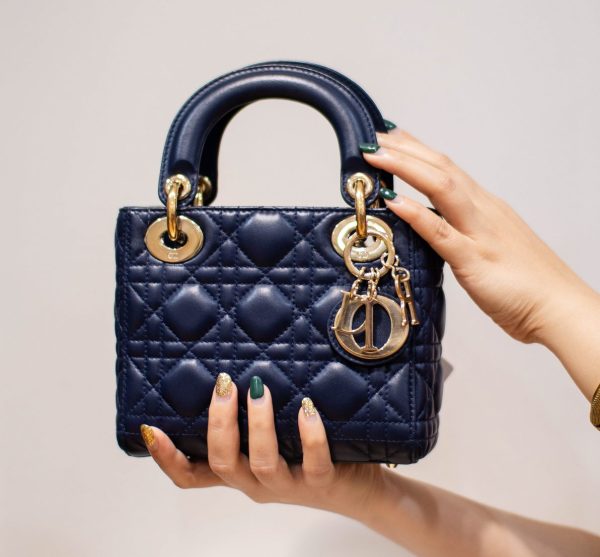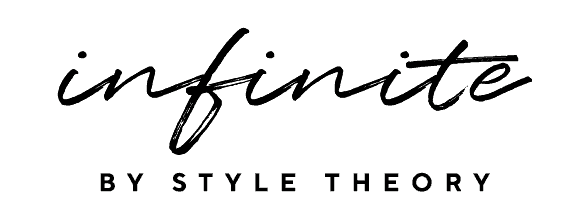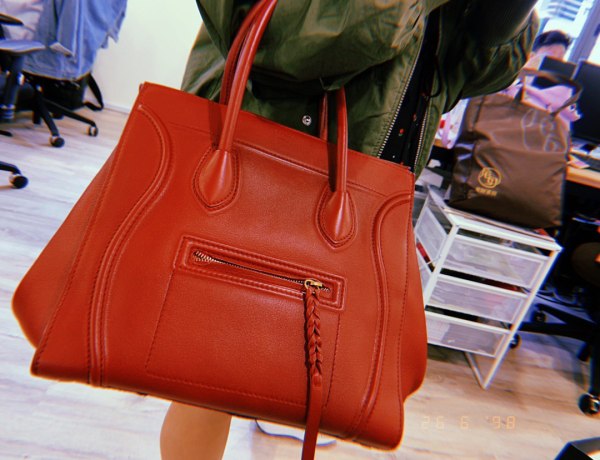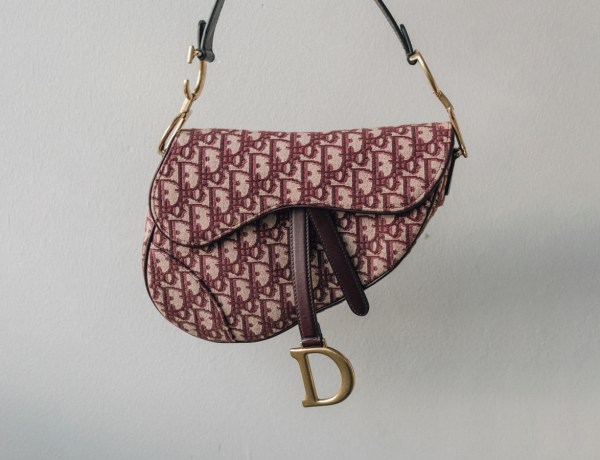Saving money for your future isn’t just as simple as stashing it away in your bank account and hoping for the best. In fact, everyone has financial goals that change as they go through different stages of their lives. Whether you like it or not, you need money for almost every milestone in life, such as buying your first home, starting a family, and moving on to retirement. Here’s money advice — having a good financial plan ensures that you won’t be scrambling for funds when you hit your next financial milestone.
If trying to plan your finances only leaves you exasperated with undone Excel sheets (we aren’t all born accountants!), we’ve got just the lady to help you out. We chatted with Anna Haotanto, founder of The New Savvy, a financial and investment platform for women in Asia, to find out what financial milestones you might hit at each decade of your life, and how you can plan for them now.

“At different stages, women face different challenges. Empower yourself financially.” – Anna
YOUR 20s
At this stage, you’ve likely just graduated, or starting out in your career.You might consider getting married as well.
“The decisions you make in your 20s can determine a difference in your standard of living once you retire.” – Anna
As carefree as your 20s may seem, your finances should be the exact opposite of that! Anna states, “The decisions you make in your 20s can determine a difference in your standard of living once you retire.” Ask yourself questions about your short term and long term goals. Knowing what you wish to achieve in future will help you decide how you should manage your finances.

Savings: Your total savings in your 20s should amount to at least 50% or 6 months of your annual salary. If you’re able to save more, by all means go ahead. Also ensure that your short-term savings are easily accessible, you never know when you might need it.
“Learn financial statements and ratios to understand what they mean.” – Anna
Investments: Do your research on possible investments and savings plans.
In other words, equip yourself with the skills to do so as it will be beneficial for your financial planning, budgeting and money management.
Ensure health and hospitalisation plans are bought. In the event of an unforeseen accident, you know you’ll be covered, and your hard-earned savings won’t be touched.
Spending: Spending isn’t an issue. Fumiko Chiba, author of the budgeting journal Kakeibo: The Japanese Art of Saving Money, mentioned that saving money is about spending money well.
That does not mean you should be spending frivolously. Spend only on things that you truly value, and you’ll find yourself saving money more easily. That being said, here are some tips on what you can do:
- Avoid signing on to multiple credit cards.
- Do not buy things impulsively. Looking good in your 20s is important, I get it, but don’t spend too much money on things you’ll only wear once! Instead try renting your work or weekend wear!
YOUR 30s
30s are where you experience the most changes. Many adults at 30 face significant life decisions – a career switch, setting up a business, having children, or perhaps purchasing your own home.

“Many Singaporeans are faced with significant decisions in their 30s.” – Anna
I often think that I will have it all by the time I am 35. But friends and family around me have shown me that you can easily go off-track with life changes. So at this stage, it is important for you to re-evaluate your financial and retirement goals.
Savings: Your total savings in your 30s should amount to at least 1x of your annual salary. In this case, if your annual income amounts to $48,000, your savings for this decade should be no less than that.
Emergency Fund: Set up an emergency fund of at least three months of expenses. Also known as the rainy day fund – ensure you have enough to tide through difficult periods.
Investments: Manage your investments regularly and ensure you are not pumping in more than you can handle. You can opt to purchase endowment plans to fund for your retirement or children’s education.
Spending: With a higher spending power, your expenses in your 30s are definitely going to be higher as well. But take on these tips to keep your cash outflow on track:
- Use credit cards wisely and pay your bills on time.
- Manage your housing or car debts — try to pay them off before hitting your mid-40s if possible.
- Yes, this is the age to finally owning your dream designer bags. But before hitting that checkout button, consider your finances. If you’re not 100% sure of a bag, try renting designer bags till you find the one that’s truly worth investing in.
YOUR 40s
Ideally, you are at your prime where your earnings are at its peak, and you can finally start to enjoy a little bit of a debt-free life. If that’s the case, you can move towards planning your finances for retirement and children’s education, and have most of your loans paid off by the end of this decade.

“During this time, you may be handling both your retirement fund and college fund for your teenage children. Constant check-ins on whether you are hitting your financial benchmarks or goals is important.” – Anna
Savings: By this stage, your savings in your 40s should amount to at least 2x or more of your annual income.
Emergency Fund: Set up an emergency fund of at least three to six months of expenses. You tend to have more financial responsibilities at this age. So ensure you have enough to tide you through difficult periods.
Investments: Revise your financial plans and set up some hedging in the form of cash and bonds! Anna’s suggestion is to ensure your asset allocation isn’t too aggressive towards stocks or mutual funds. Allocating some of your assets into forms of cash and bonds may be wiser at this point — as they hold lower risks.

Spending: In your 40s, your spending habits should already be wiser and controlled. With higher spending power, it is easier to treat yourself once in awhile!
Designer bags and clothes that you’ve accumulated over the years might be taking up the space in your wardrobe. If you’re looking to declutter your unused designer bags, consign them to free up room and passively earn monthly payouts at the same time!
While these are the typical milestones most people go through, everyone has different personal and financial goals. But these money advice are a starting point to helping you achieve your financial goals!

And as Anna so aptly puts it, “Women today have the flexibility and choice to be whoever they want and excel at multiple roles. Don’t be afraid, don’t invest blindly and never put your future or finances in someone else’s hands.”
So with these money advice or tips in mind, take some time to figure out what your needs are before deciding which financial management tools are best for you!





No Comments